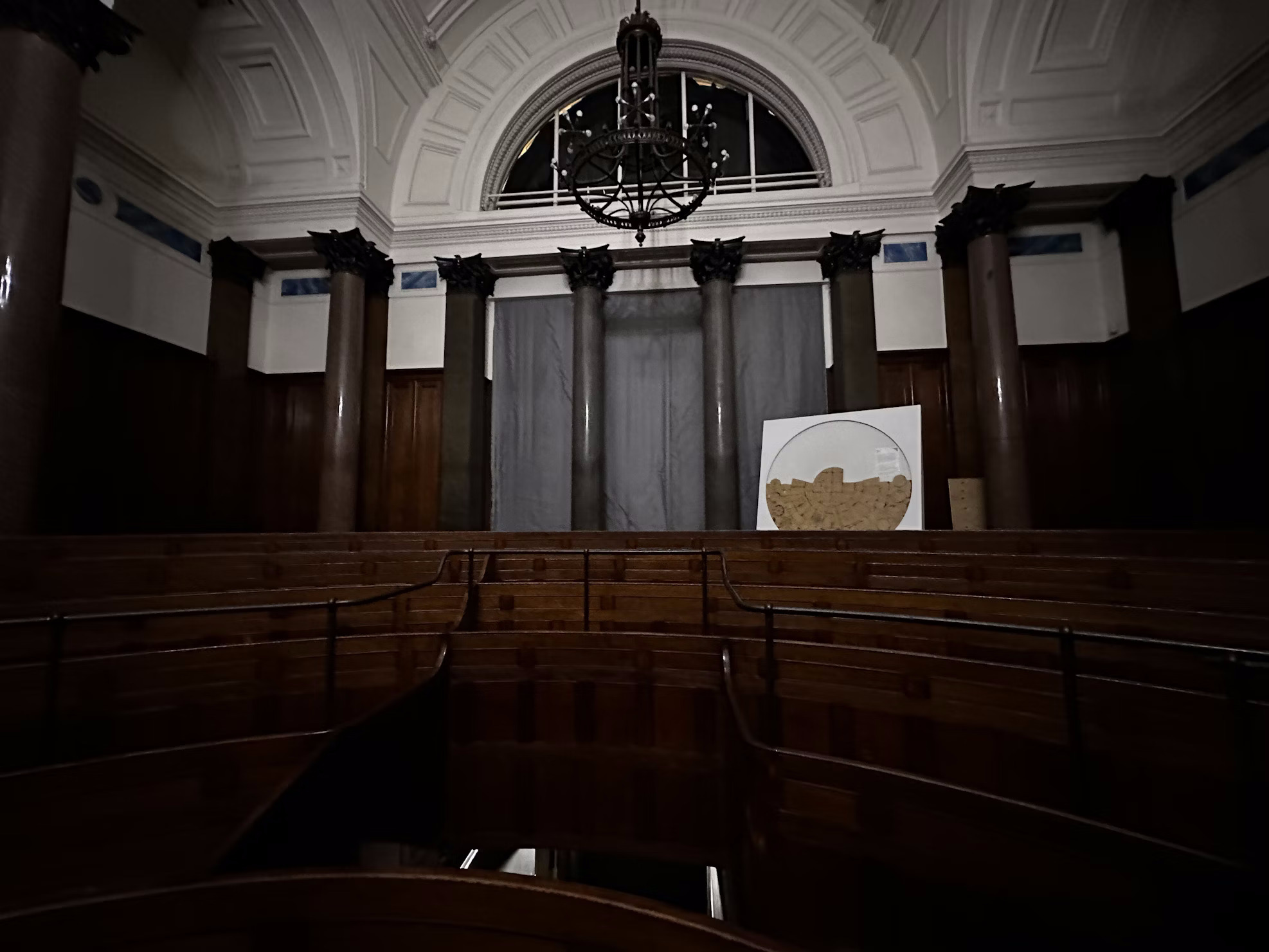Going to Court for Injury Claims in Scotland: What You Need to Know
While the majority of personal injury claims in Scotland are settled outside of court, some cases require legal action to reach a fair resolution. If you find yourself in a situation where going to court becomes necessary, it’s important to understand the process, what to expect, and how to prepare.
At Make a Claims, we help individuals navigate the complexities of the court system and ensure that you are fully supported if your case needs to go to trial.
When Might You Have to Go to Court?
In most cases, personal injury claims can be resolved through negotiations with the insurer or the responsible party. However, if an agreement cannot be reached, or if the defendant denies liability, you may have no choice but to take your claim to court.
Common reasons for going to court include:
Disagreement over liability: If the defendant refuses to accept fault for the accident.
Insufficient settlement offers: If the insurer offers an amount that is too low to adequately cover your losses and suffering.
Complex cases: Involving multiple parties or serious injuries that require detailed examination.
The Process of Going to Court for a Personal Injury Claim in Scotland
If your case reaches the courtroom, here’s what you can expect:
- Pre-Court Procedures
Before the court hearing, your solicitor will:
File a claim in the relevant court (typically Sheriff Court for most injury cases or Court of Session for more serious or high-value claims).
Serve court papers on the defendant and their insurer, outlining your claim and the damages you’re seeking.
Exchange evidence with the other party. This might include witness statements, medical reports, accident reports, and expert opinions.
During this time, your solicitor will work to ensure that you have all the necessary evidence to support your claim.
- Preparing for the Hearing
In preparation for the court hearing, your solicitor will:
Review the evidence and prepare witness statements, including from medical professionals and experts.
Outline the legal arguments that support your claim.
Rehearse the points that will be raised during the trial.
At this stage, your solicitor will ensure you are well-prepared for the trial and understand the process thoroughly.
- The Court Hearing
The court hearing itself will usually take place in a Sheriff Court for most claims, with higher-value cases potentially going to the Court of Session. Here’s how the process unfolds:
Opening statements: Both your solicitor and the defendant’s lawyer will give opening statements outlining the case.
Presentation of evidence: Witnesses, including yourself, may be asked to testify, and medical experts may be called to discuss your injuries.
Cross-examination: The defendant’s lawyer will have the chance to cross-examine witnesses, and you may also be questioned by the defendant’s legal team.
Closing statements: Both sides will sum up their arguments, and the judge will give a ruling.
What Happens After the Court Hearing?
Once the hearing concludes, the judge will either:
Issue a ruling immediately (in simpler cases)
Reserve judgment (for more complex cases, in which a decision may take several weeks)
If you win your case, the court will award you compensation for the injuries and losses you’ve suffered. This compensation will typically cover:
Pain, suffering, and emotional distress (Solatium)
Medical expenses and rehabilitation costs
Lost earnings and future loss of income
Other expenses such as travel and care costs
- Appeal Process
If the judge rules in favour of the defendant, you may have the option to appeal the decision. Your solicitor will guide you through this process, including whether an appeal is likely to succeed and the costs involved.
How Long Will a Court Case Take?
Court cases can vary in length, depending on:
- The complexity of the case
- How long it takes to gather evidence and prepare for trial
- Court availability and scheduling
Typically, you can expect a case to last anywhere from a few months to over a year, depending on the specific circumstances. Your solicitor will keep you updated and ensure you are informed throughout the process.
The Risks of Going to Court
While the court process ensures that your case is heard and fairly adjudicated, there are a few risks to be aware of:
- Legal costs: If you lose the case, you may be liable for the other party’s legal fees, although this is rare in No Win No Fee arrangements.
- Uncertainty: There is no guarantee of winning in court, as the decision is ultimately in the hands of the judge.
However, with the right legal representation, these risks are often manageable, and your solicitor will work hard to minimise them.
Why Choose Make a Claims for Court Cases?
At Make a Claims, we are experienced in handling court cases for personal injury claims in Scotland. We provide:
- Expert legal representation throughout the court process
- Comprehensive support to prepare you for the hearing
- No Win No Fee agreements, ensuring you only pay legal fees if you win
- Clear advice on the strength of your case and the likelihood of success
Our team is committed to securing the best possible outcome for your case, whether that’s through negotiation or a court ruling.
Start Your Claim Today
If you’ve been injured in an accident and are considering taking your case to court, contact Make a Claims today. We offer free, no-obligation consultations and will guide you through every stage of the legal process, ensuring you feel fully supported.


